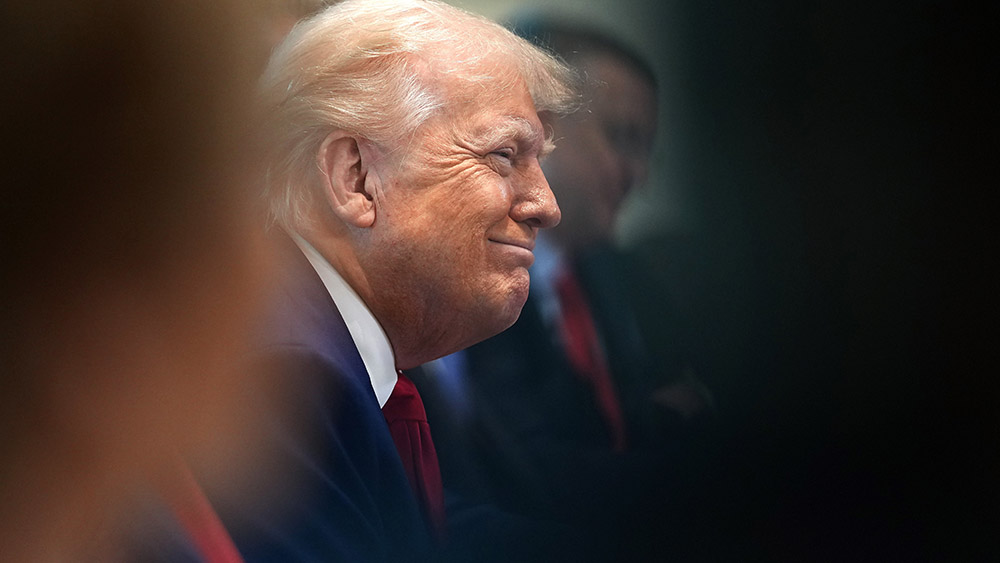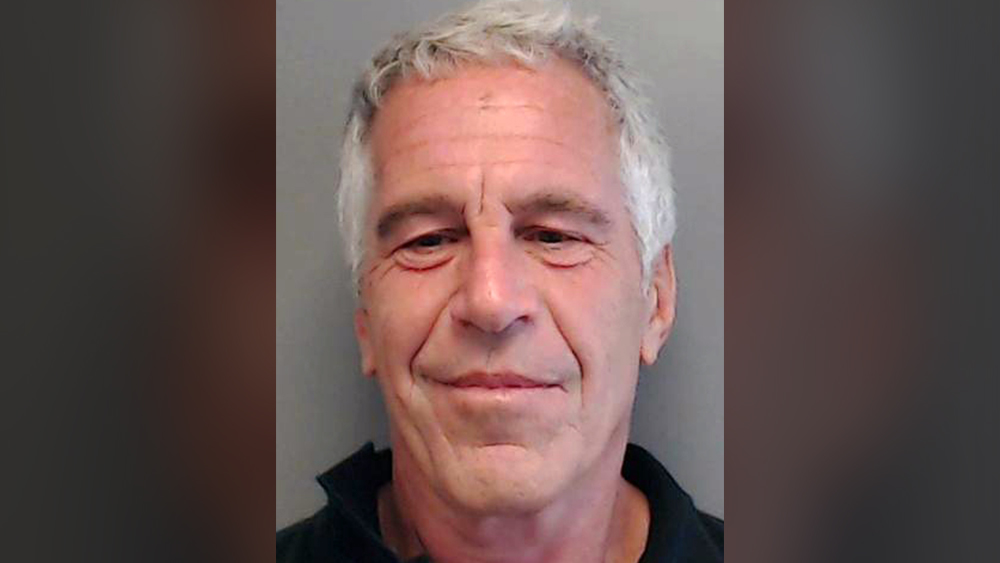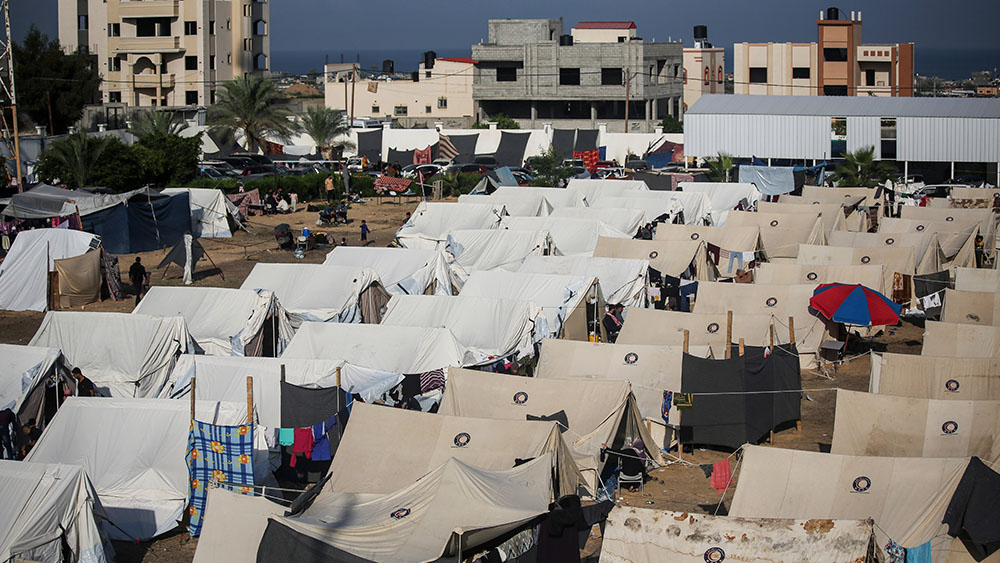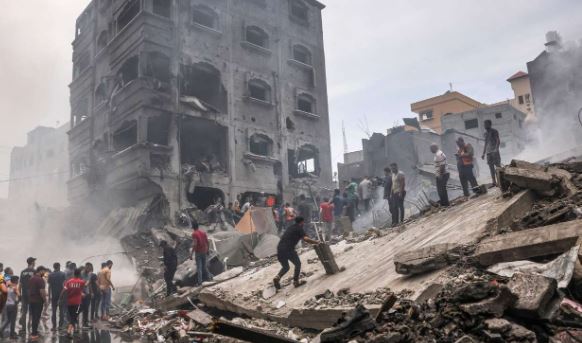 Parler
Parler Gab
Gab
- The U.S. and Iran are preparing for their first direct talks since last year's military strikes on Iranian nuclear facilities, with the meeting scheduled to take place in Oslo.
- The conflict escalated with Israeli strikes on Iran, followed by U.S. military action, but de-escalated after a U.S.-brokered ceasefire.
- Iran insists on its right to enrich uranium, a contentious issue that has been a major hurdle in previous negotiations.
- President Trump's willingness to engage in dialogue, despite his usual unpredictability, has been a key factor in setting up the Oslo talks.
- The talks represent a potential turning point, with hopes that they could lead to a more stable and cooperative relationship between the U.S. and Iran.
Trump's role in the resumption of talks
Trump's willingness to engage directly, if necessary, has added a new dimension to the negotiations. Known for his unpredictable approach to foreign policy, Trump has shown a surprising openness to dialogue, even amidst the recent hostilities. His decision to broker the ceasefire between Iran and Israel was a critical step in de-escalating the conflict and has paved the way for the upcoming talks in Oslo. Trump's meeting with Edan Alexander, a former American-Israeli hostage, at the White House early in July further underscores his commitment to resolving the broader issues at play. Alexander, who was released as part of a prisoner exchange, urged Trump to continue his efforts to secure the release of all remaining hostages. "I hope he can achieve another historic breakthrough – a comprehensive deal to free them all," Alexander said in a statement following the meeting. The upcoming talks in Oslo are crucial for several reasons. Firstly, they represent a potential turning point in the U.S.-Iran relationship, which has been characterized by mistrust and hostility for decades. Secondly, the negotiations will likely focus on Iran's uranium enrichment program, a contentious issue that has been a sticking point in previous talks. Iran's Deputy Foreign Minister for Political Affairs Majid Takht-Ravanchi emphasized the importance of the talks in a recent press conference. According to Takht-Ravanchi, "Iran has every right to do enrichment within its territory." But he quickly added that the Islamic republic is "open to diplomacy with Washington" as long as the U.S. gives guarantees not to resort to force. This statement highlights Tehran's desire for a diplomatic solution while also underscoring its concerns about the potential for military action. Despite the challenges, there is a glimmer of hope that the Oslo talks could lead to a more stable and peaceful future. The fact that both sides are willing to come to the table is a positive sign, and the involvement of international mediators like Oman and Qatar suggests a commitment to finding a solution. The international community will be watching closely as the talks unfold, hoping for a breakthrough that could pave the way for a new era of cooperation between the U.S. and Iran. Visit WWIII.news for more similar stories. Watch this clip about the U.S. military strikes on Iran. This video is from the What is happening channel on Brighteon.com.More related stories:
Russia agrees to mediate U.S.-Iran peace talks amid rising Middle East tensions. Trump readies for high-stakes direct nuclear talks with Iran: "Great danger" looms if negotiations fail. Report: U.S. had indirect talks with Iran to prevent conflict escalation before Iranian president's death. Sources include: InfoWars.com Axios.com TimesOfIsrael.com Yahoo.com Brighteon.comBy News Editors // Share
Trump DOJ wages war against child mutilation industry, subpoenas hospitals in historic crackdown
By Lance D Johnson // Share
Herbal medicine meets modern medicine: A synergy shaping healthcare’s future
By Willow Tohi // Share
Humanitarian city or concentration camp? Controversy surrounds Israel’s Rafah plan
By Belle Carter // Share
Netanyahu signals more strikes on Iran over “surviving” uranium stockpiles
By Cassie B. // Share
Governments continue to obscure COVID-19 vaccine data amid rising concerns over excess deaths
By patricklewis // Share
Tech giant Microsoft backs EXTINCTION with its support of carbon capture programs
By ramontomeydw // Share
Germany to resume arms exports to Israel despite repeated ceasefire violations
By isabelle // Share










